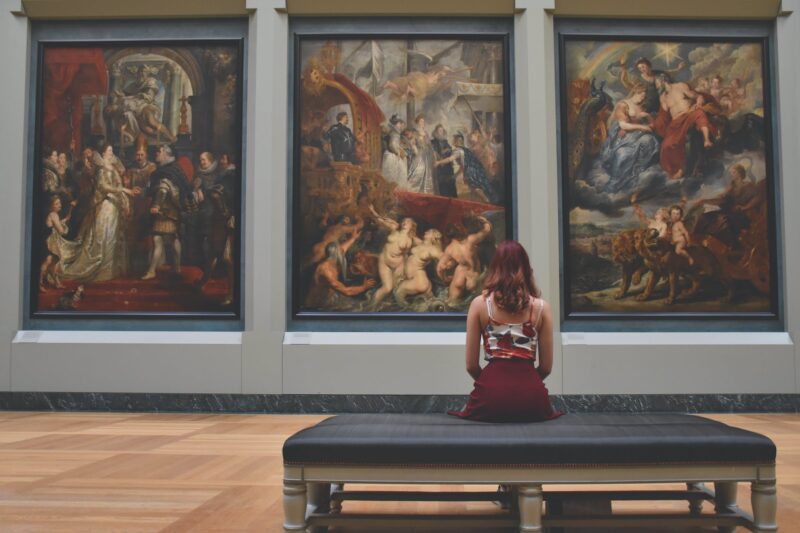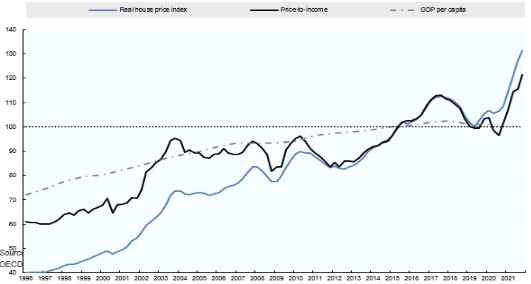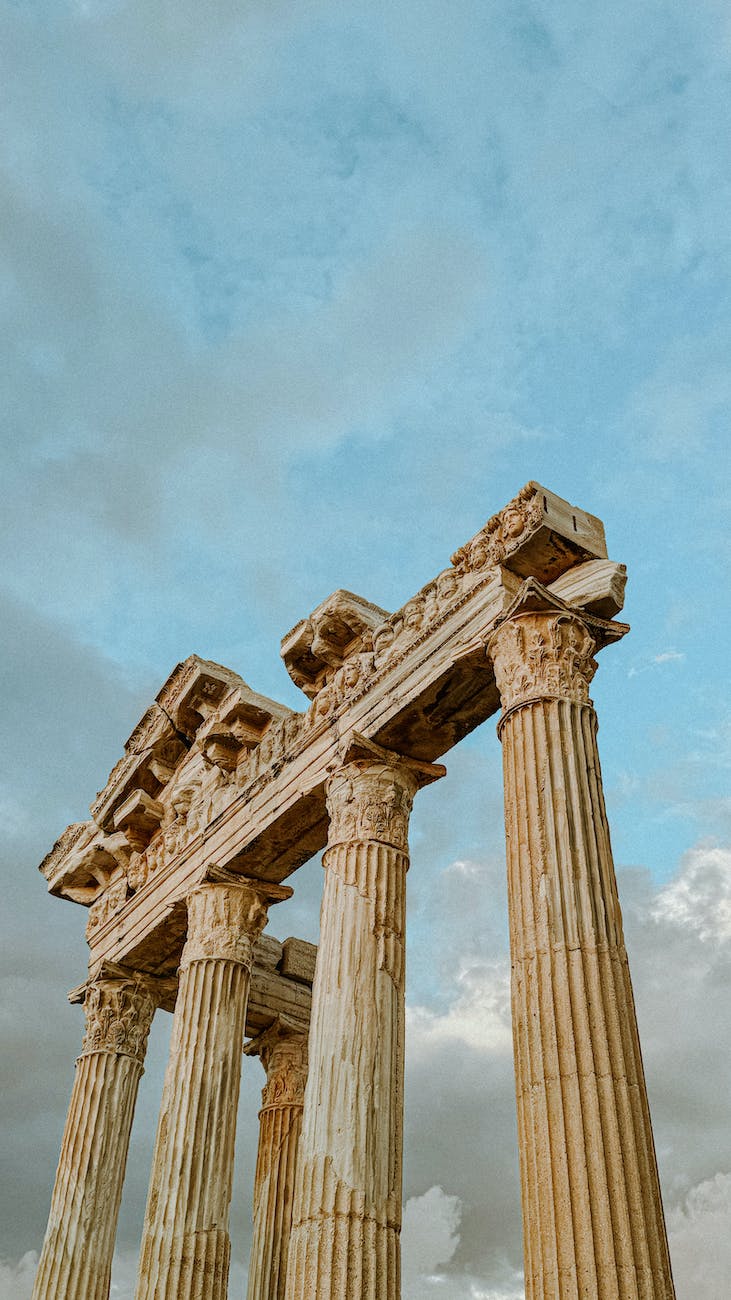
I spent a good number of years studying ancient history at university and thoroughly enjoyed it. I recommend the learning experience. Understanding the ancient world, however, remains an intellectual exercise, as the passing of millennia makes it impossible to really grasp the Geist of these distant times. I compare it to trying to stare down a deep well through cloudy water in a bid to see what is down there. Fleeting speculations based on interpretations of translations and bits of broken pottery are the best we can do. Still, the process of trying to comprehend the past is a worthwhile thing in itself, in my view. It reflects keenly upon the present.
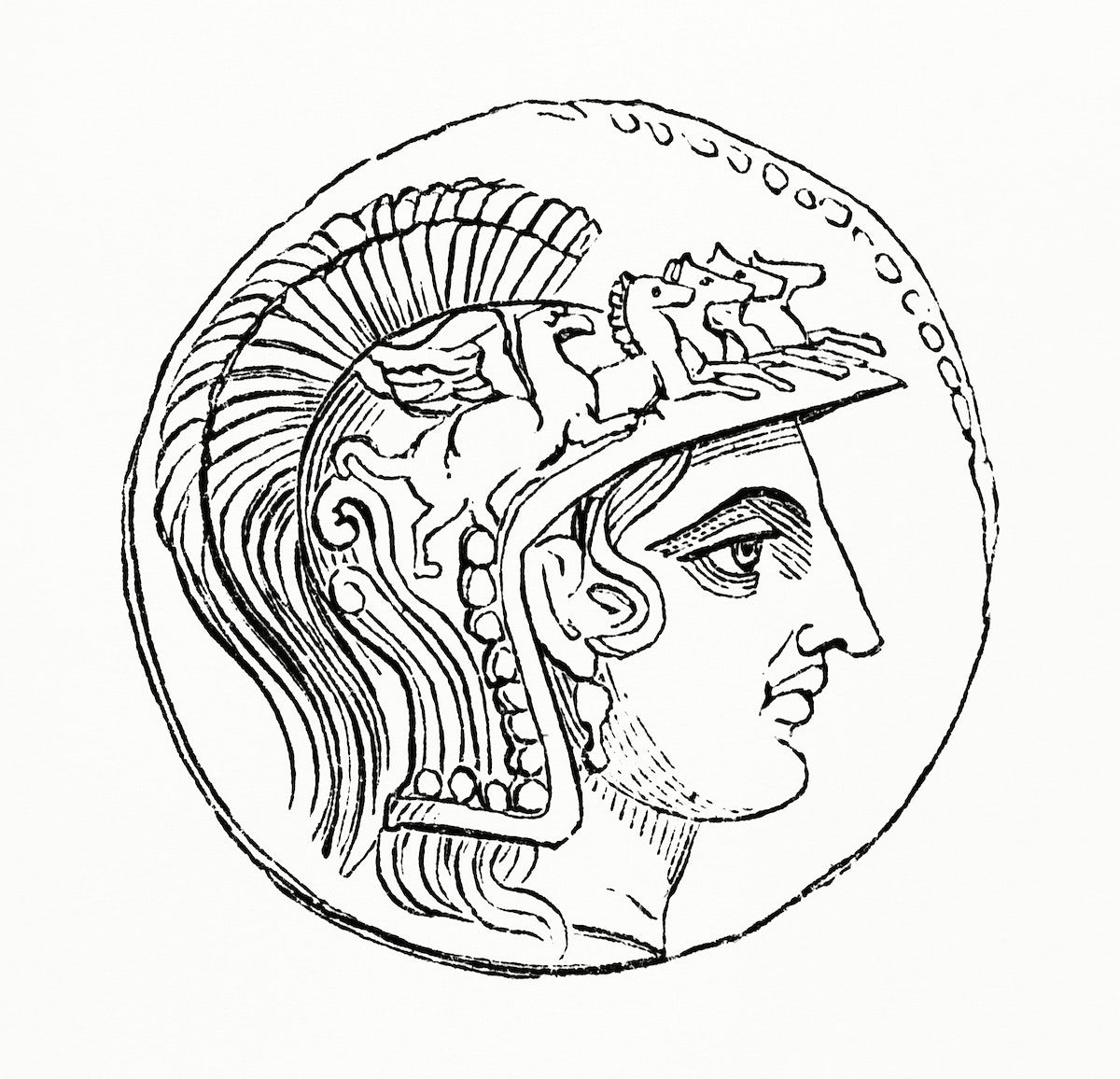
Comprehending Views From History
Currently, I am reading selected essays by Erich Auerbach, a German philologist, and finding his insights into the 18C scholar Giambattista Vico very interesting. Especially, when it comes to that devilishly difficult job of understanding the ancient world. Vico called his tome The New Science, Scienza Nuovo, and embarked on a journey of discovery into the past. Auerbach emphasises Vico’s incorporation of a historicism into understanding ancient epochs. Historical epistemology was the key ingredient in Vico’s New Science, according to Auerbach. The poetic world of these ancient times was no mere intellectual exercise, rather it was a very real magical expedition into realms of gods and monsters.
“Giambattista Vico’s historical epistemology was a matter of enduring interest for the German-Jewish literary critic, Erich Auerbach (1892-1957). Best known today as the author of Mimesis: The Representation of Reality in Western Literature (1946), Auerbach wrote about Vico fifteen times over the course of his life and translated his most important work, The New Science, into German in 1924. Yet the impact of Vico’s theory of historical cognition on Auerbach is unclear as scholars have struggled to connect its doctrine of an “ideal eternal history” with the progressivist literary historical secularization thesis often claimed for Auerbach.”
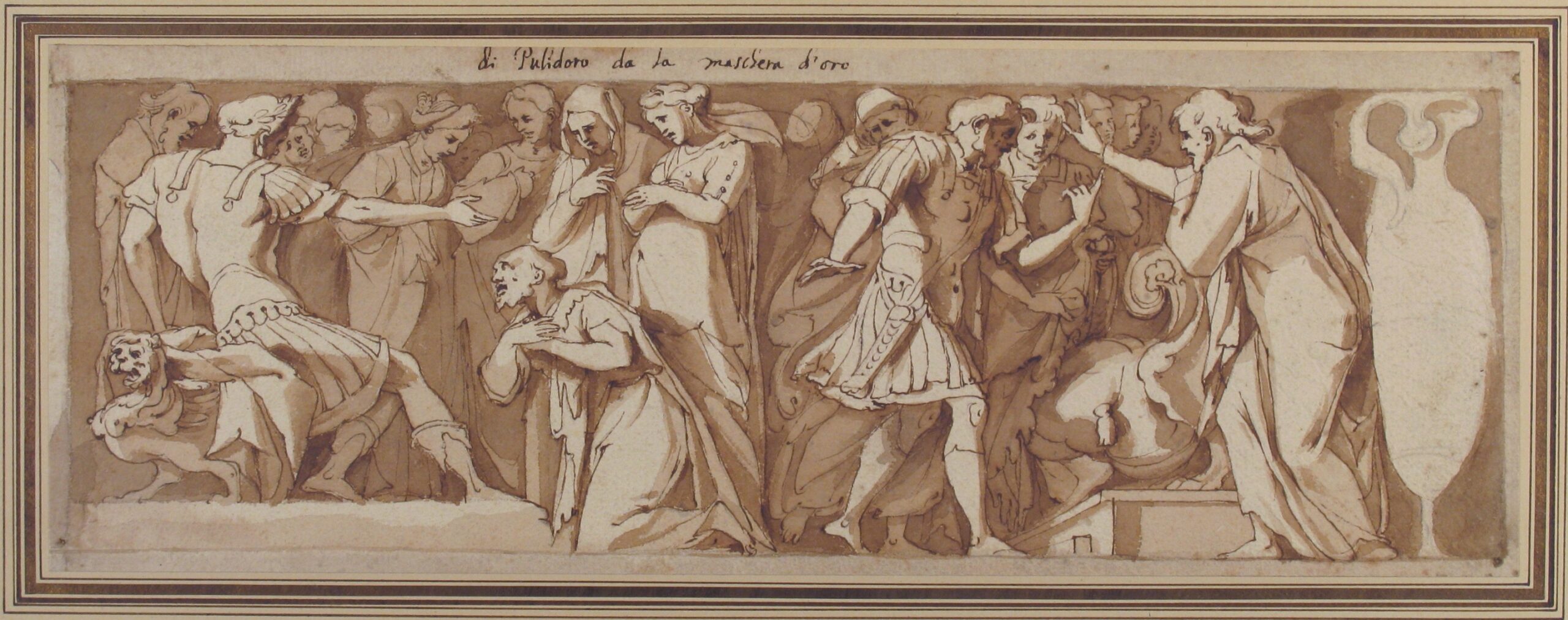
Auerbach & Vico’s Understanding Of The Ancients
Erich Auerbach makes repeated reference to the Vico view that the ancients lived in a state of pre-reason. That their poetic sensibility was no flowery adjunct but beat in their blood like an instinctive, rhythmic, sense of being. Fired by an animistic understanding of the world, where thunder and lightning were the language of the gods, these ancients told it as it was for them. Pantheism emerged as naturally as would be expected from such relationships. Philosophy and rationalism were the outliers to come.
In this poetic world of first families, of aristocrats, portrayed as heroic giants of the age, the Homeric tales would be sung at feasts in celebration. Blood meant everything once great deeds in battle had been done. Family trees involving gods and heroes would be spun to justify this world order.
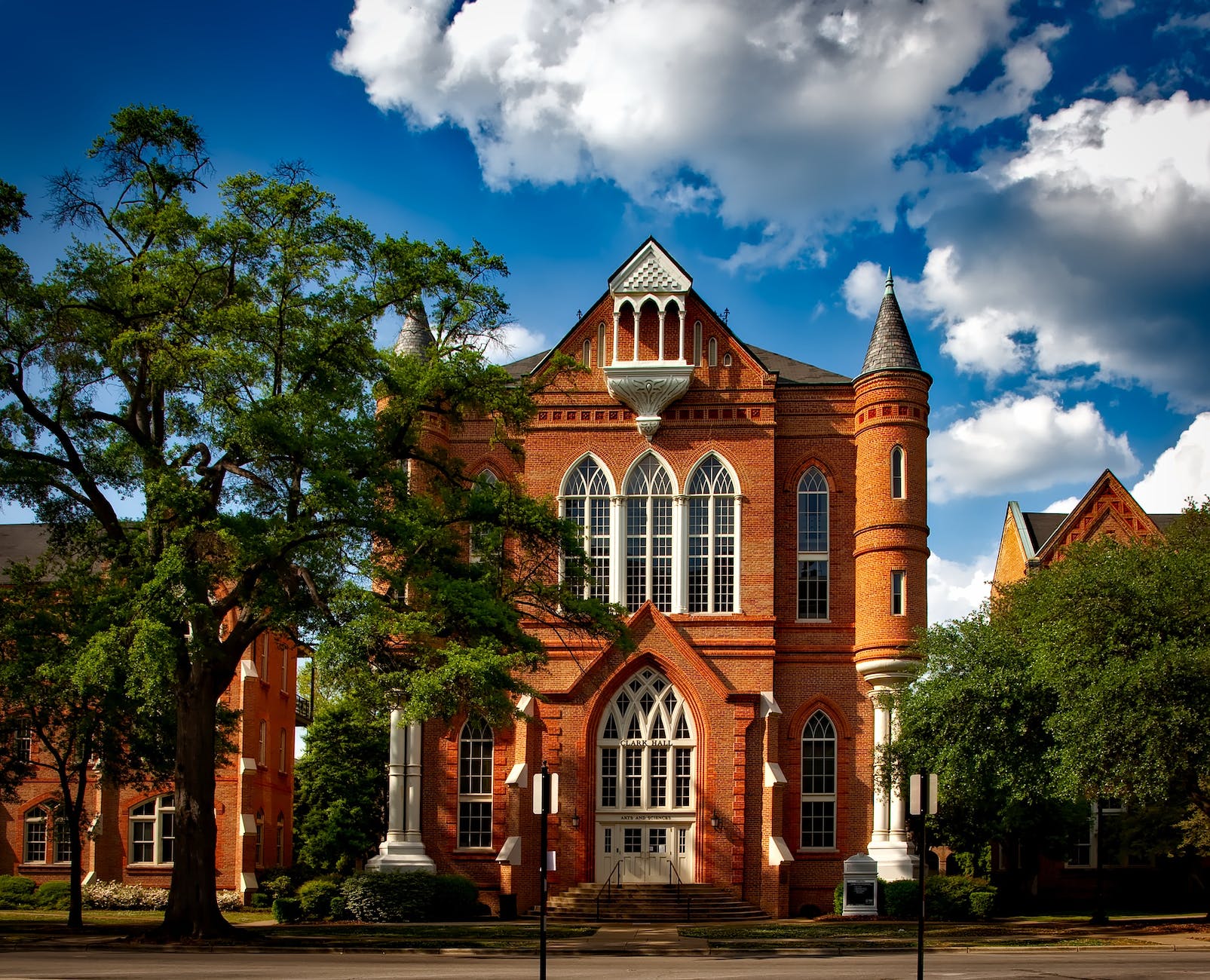
Old School Ties To An Aristocratic Realm
The faint echo of this way of perceiving the world can be found in conservative perspectives today. Aristocratic families, with the rich and powerful, still like to portray their elitism in this manner. Private schools, funded by the wealthy, establish these traditions, which maintain these myths perpetuating justifications for privilege. Old families send their kids to institutions with names like The Kings School, Winchester, Eton, and Brearley. Crested shields and rich reputations amid green playing fields and palatial buildings nurture strong beliefs in a superiority from birth. Born to rule kind of stuff. The language may be less poetic in the 21C but the message remains the same. Undemocratic to their boot straps.
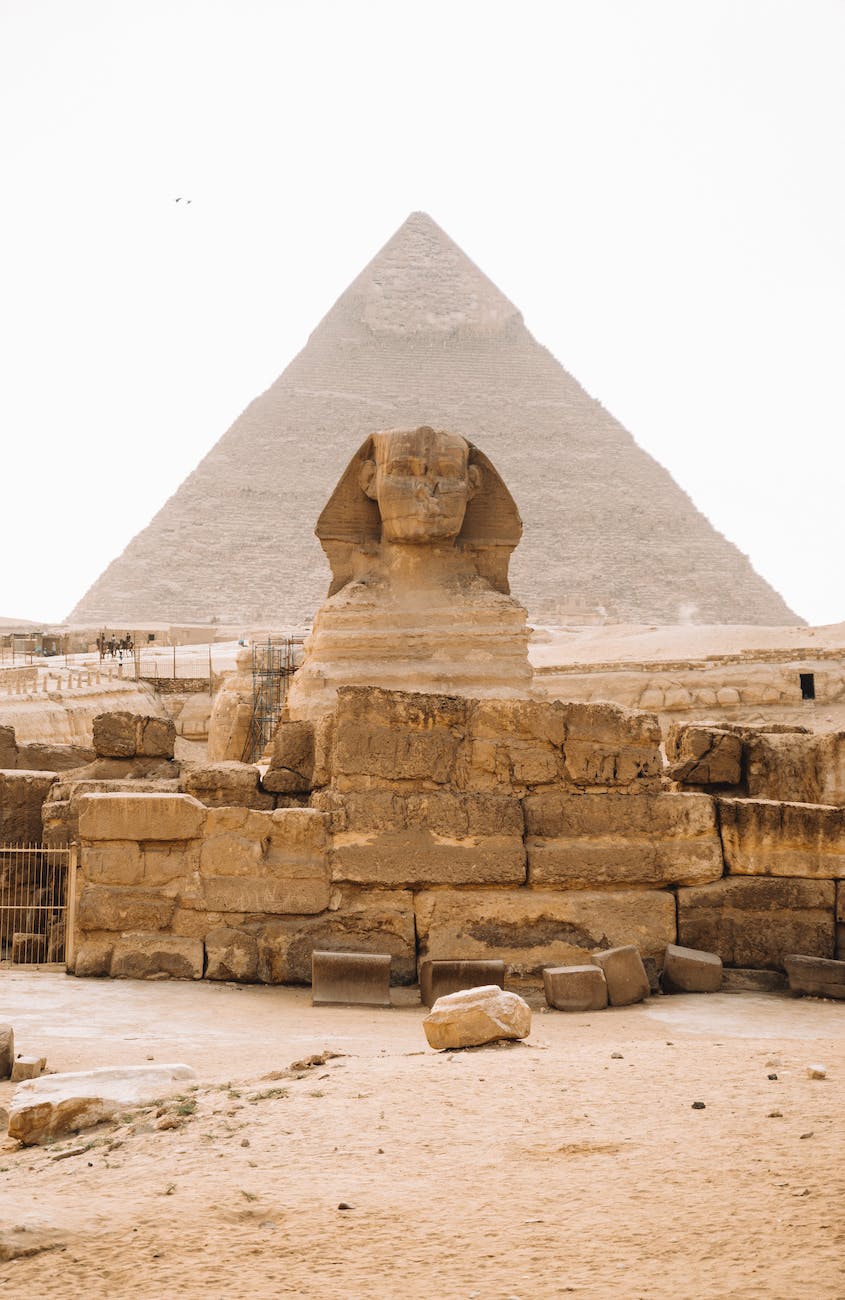
Examining An Unromantic Past
“For Auerbach, a philologist by training, but a historian-philosopher by temperament, literature is always bounded by the writer’s sense of reality, which, at its deepest level, depicts everyday life in all its seriousness.”
Vico, unlike Johann Gottfried Herder and the German Romantics, did not romanticise the ancient past, according to Auerbach. Historians, most always, write about the past in their own terms, in the language and with the concerns of their own time. It is rare, indeed, for a writer to maintain a strict awareness of this.
We all write for our own contemporary audience. This reality oftentimes overwhelms the subject matter to the detriment of what history seeks to illustrate.
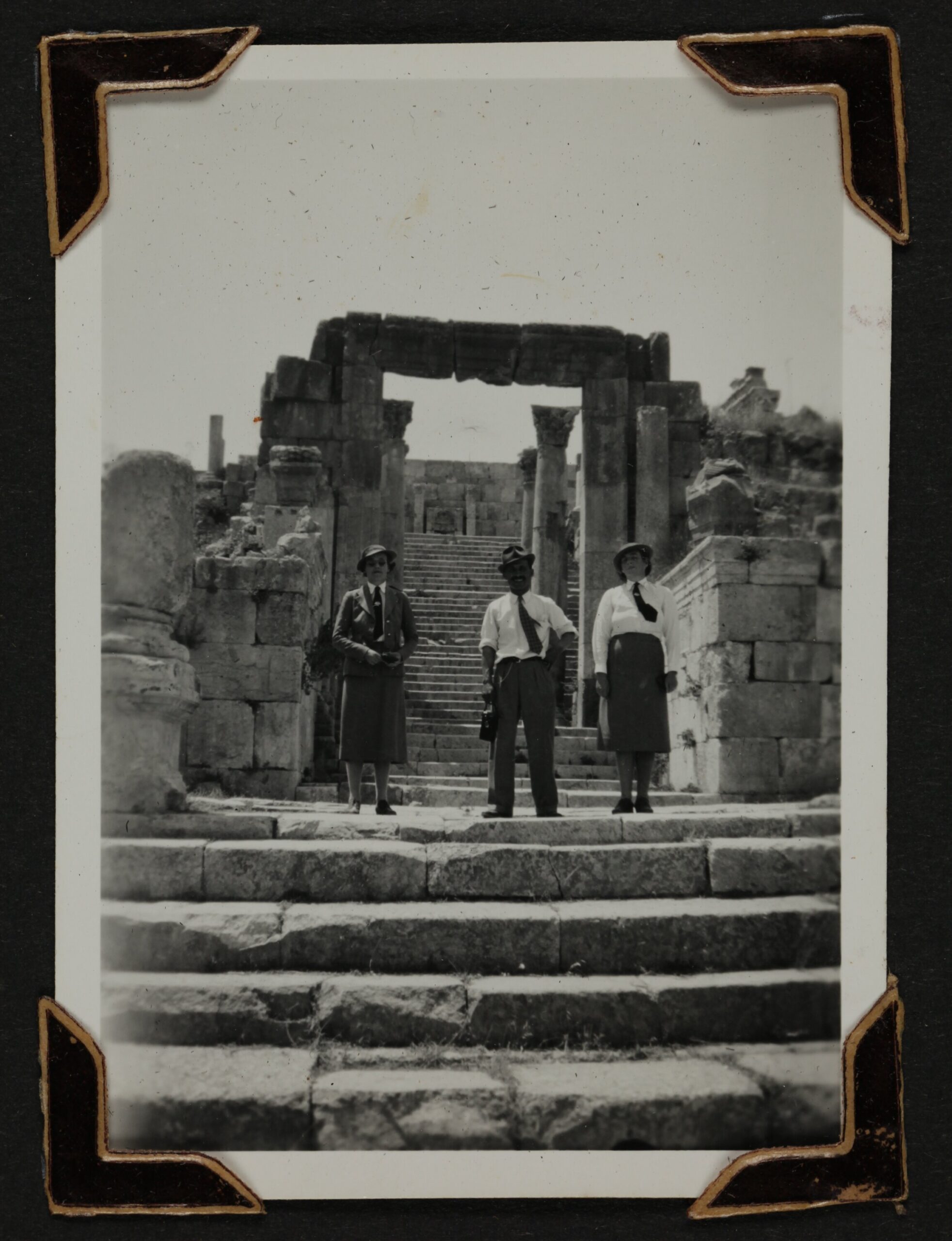
Certum & Verum
Certum and verum are two distinctions emphasised by Vico, according to Auerbach, in this delineation between the ancient poetic world and our modern post-enlightenment era. The ‘certum’, which sounds like ‘the certain’, and is, indeed, the established reality sits in contrast to the verum. The verum is a philosophical concept of truth determined by reason. Auerbach defines certum as the equivalent of the Greek term ‘thesis’.
“Even though it is not a product of the rational faculty nor written down, what we are dealing with here is a product of the imagination that has a rigorously defined shape. The system of ritual obligations that ordered legal, political, and economic culture in Vico’s early eras belonged entirely to the established, formalized, positive, and institutional realm of thesis, rather than to nature as Rousseau and Herder understood it.”
- (Erich Auerbach, Time, History & Literature)
One feels as if one is inching toward some understanding of ancient sensibilities via Vico and Erich Auerbach.
“Giovanni Battista Vico (1668–1744) spent most of his professional life as Professor of Rhetoric at the University of Naples. He was trained in jurisprudence, but read widely in Classics, philology, and philosophy, all of which informed his highly original views on history, historiography, and culture. His thought is most fully expressed in his mature work, the Scienza Nuova or The New Science. In his own time, Vico was relatively unknown, but from the nineteenth century onwards his views found a wider audience and today his influence is widespread in the humanities and social sciences.”
Johann Herder
“died December 18, 1803, Weimar, Saxe-Weimar [Germany]), German critic, theologian, and philosopher, who was the leading figure of the Sturm und Drang literary movement and an innovator in the philosophy of history and culture. “
Robert Sudha Hamilton is the author of Money Matters: Navigating Credit, Debt, and Financial Freedom.
©MidasWord
